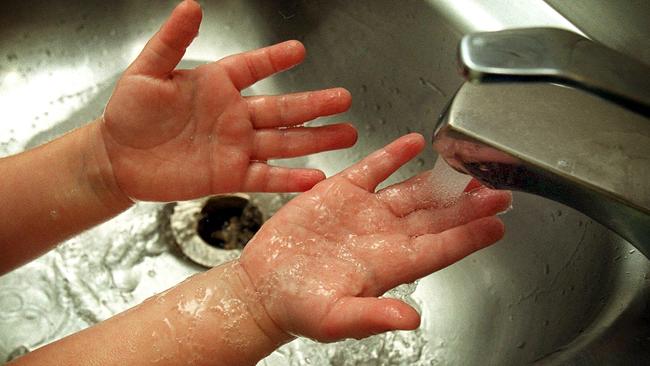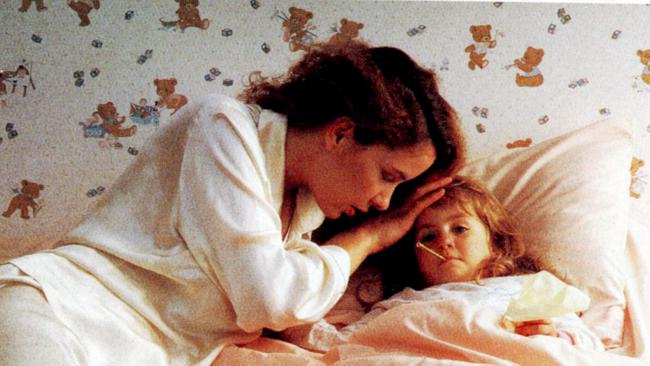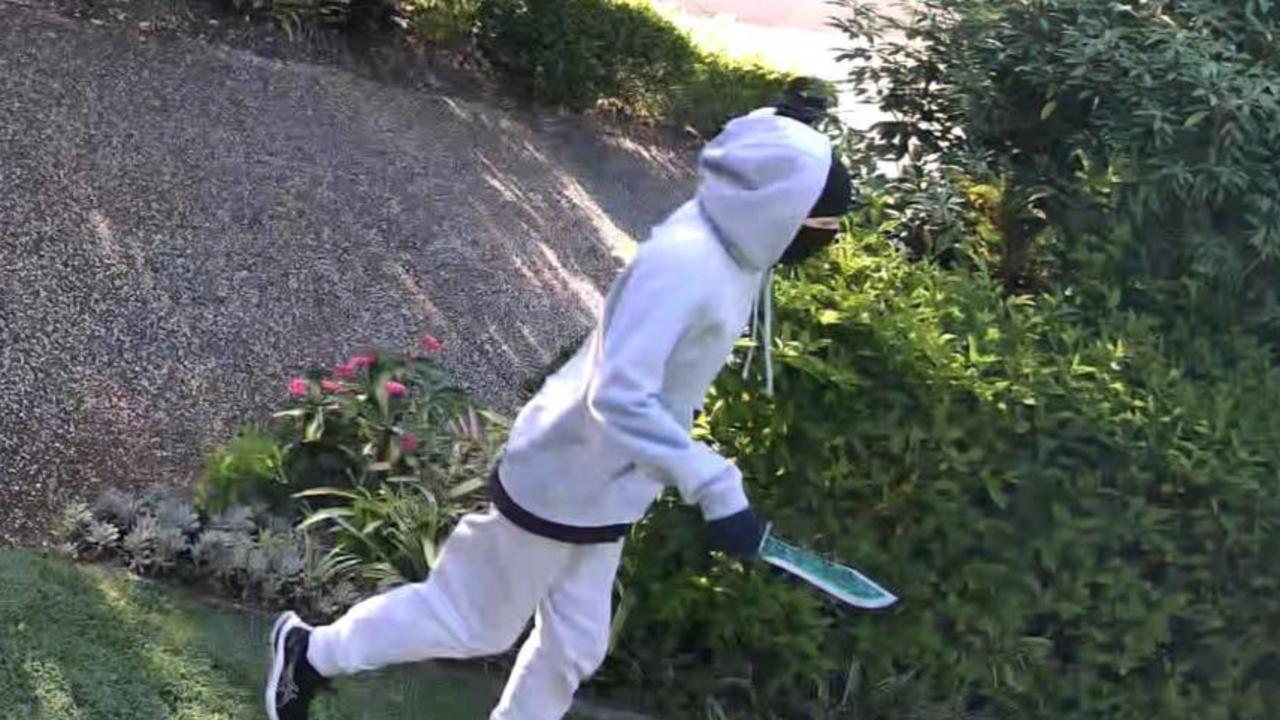Queensland childcare centres hit with gastro outbreaks
Health experts are pleading with parents to keep sick children away from childcare centres and school amid a significant surge in gastro outbreaks. FIND OUT WHAT AREAS HAVE BEEN IMPACTED

QLD News
Don't miss out on the headlines from QLD News. Followed categories will be added to My News.
QUEENSLAND is experiencing a significant surge in gastro cases, particularly in childcare centres, prompting health experts to issue a plea for parents to keep sick children at home.
Data provided by Queensland Health shows 86 childcare centres reported gastroenteritis outbreaks in September, double the August figure of 43 and more than twice the January to July average of 35.
Most of the outbreaks were in the Brisbane, Gold Coast and West Moreton regions.
DOZENS OF GASTRO OUTBREAKS HIT NURSING HOMES, CHILDCARE
HOSPITAL QUARANTINES WARDS AMID NOROVIRUS OUTBREAK

The Queensland Children’s Hospital emergency department also reported 451 presentations for gastro in September, compared with 200 in August. So far in October, the emergency department has seen 149 children with gastroenteritis, a highly contagious infection of the stomach and intestines.
Symptoms include diarrhoea, vomiting, stomach cramps, fever and listlessness.
Public health physician Madhumati Chatterji said gastro was spread very easily by children through holding hands, sharing toys and putting things in their mouths.
Dr Chatterji, of the Metro North Hospital and Health Service, said parents and carers should keep sick children away from childcare and school for 24 to 48 hours after their symptoms cease.
She also called on childcare workers and others employed in hospitals, aged care or the food industry to stay at home if they developed gastro, to stop them from spreading the infection.
Although gastro is usually self-limiting, Dr Chatterji said parents should particularly watch sick children closely.

“The danger of diarrhoea in young children is the loss of fluids from the body which can quickly lead to dehydration,” she said. “This can be life-threatening.
“If the child is deteriorating, vomiting is frequent, they’re having repeated bouts of diarrhoea, is difficult to wake or refusing extra fluids, it’s strongly recommended you take that child to a doctor.
“These are all symptoms that the body is losing fluid, that the child may have dehydration, which can be serious.”
Dr Chatterji advises the use of disposable gloves and towels for cleaning up gastroenteritis “spills”, if possible.

“Cleaning with water and detergent is sufficient to clean up after most gastroenteritis spills,” she said.
“It is important to clean all surfaces and objects, such as toys, that have been potentially soiled during the illness with soapy water, rinsing well before drying.
“This may include toilets, benches, showers, floors, washbasins, taps and door handles.”
Dr Chatterji also advised frequent handwashing for at least 20 seconds, particularly after holding sick children, before handling food and after visiting a toilet.


